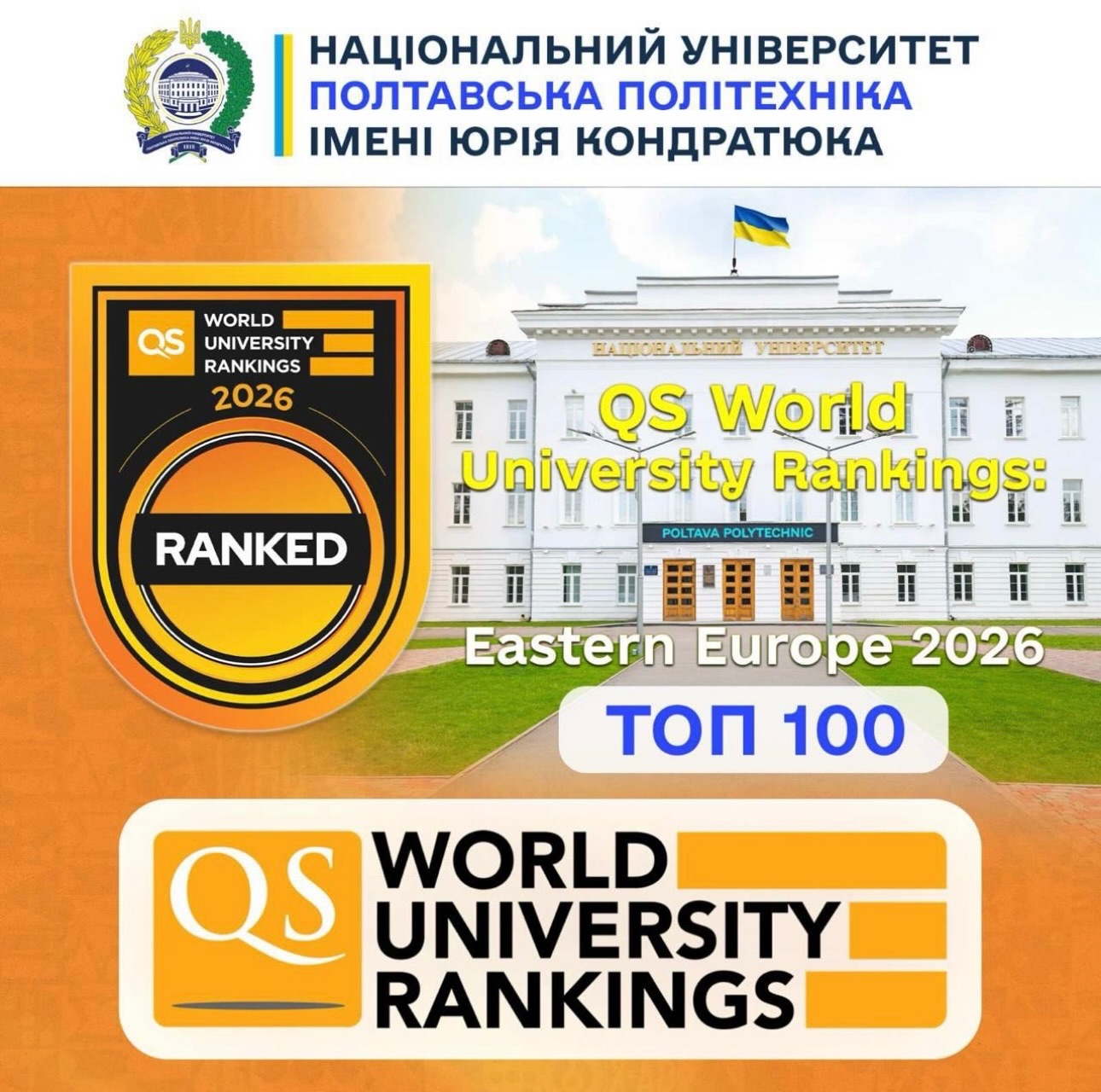At the National University “Yuri Kondratyuk Poltava Polytechnic”, a series of art therapy sessions continues, aimed at supporting individuals affected by the prolonged russian-Ukrainian war.
On July 22, 2025, another art therapy session titled “Hearing Yourself Amid Sirens” was held in room 315-C. The event was attended by internally displaced persons, wives of service members, and other family members who are directly dealing with the consequences of war-related trauma.
This session was organised by the university psychologist Olena Kryvenko and associate professor of the Department of Psychology and Pedagogy, Maryna Teslenko, within the framework of the large-scale international Erasmus+ KA220-ADU project “TRUST” – Trauma of refugees in Europe: An approach through art therapy as a solidarity program for Ukraine war victims (Grant No. 2024-BE01-KA220-ADU-000257527).
The project title is decoded as follows:
TRUST
T – Trauma
R – Refugees
U – Ukraine
S – Solidarity
T – Therapy
The project is co-funded by the EU and led by the Centre Neuro Psychiatrique St-Martin from Belgium, in partnership with the National University “Yuri Kondratyuk Poltava Polytechnic” (Ukraine), Greek Carers Network EPIONI (Greece), Fondazione Don Luigi Di Liegro (Italy), Lekama Foundation (Luxembourg), EuroPlural Project (Portugal).
The goal of this art therapy session was to create an environment that fosters the restoration of inner resources and the discovery of personal anchors. During the creative process, participants explored the deep needs of their soul and body, learned to recognise the language of exhaustion, and began forming individual self-support practices. The images they created became symbols of inner strength and a key to reconnecting with their authentic selves.
A special focus of our work was the psychosocial adaptation of military families. We approached this with the understanding that the family is a unified system in which each member's emotional state affects the overall atmosphere. Therefore, emotional balance and cohesion within the family are fundamental factors that significantly influence how successfully a soldier reintegrates into a peaceful life.
The first step of our creative journey was an immersion into the world of metaphors. Each participant chose an image of a fairy-tale animal, which symbolically became their alter ego in the group. Through this projection of their current state, needs, and individuality, the participants began to interact gently with one another. This playful format helped bypass inner barriers, activate creative energy, and initiate a subtle process of self-reflection. By observing their chosen character, the women discovered insights into their personal roles and emotional states. Even at the stage of introductions, we managed to create a deeply trusting and supportive space.
Maryna Teslenko, Associate Professor of the Department of Psychology and Pedagogy, drew our attention to a subtle yet essential truth. Women, who often serve as the emotional anchors of their families and pillars of support for veterans, tend to give all their warmth, sometimes leaving their hearts in a state of darkness. Immersed in caring for others, they may lose their inner compass, stop hearing the whispers of fatigue, and ignore the signals of burnout. That’s why it is vital to cultivate safe spaces – true islands of safety – where they can pause, breathe, and be. These are places where they can replenish their inner wells, give voice to their emotions, and be truly heard – not just listened to – with hearts open to empathy and acceptance.
Olena Kryvenko, a practical psychologist of the university, emphasised that the true magic of art therapy lies in its effectiveness. It allows people not just to talk about their emotions, but to embody them through colour, shape, and line, giving them a voice within a safe, creative space. During our session, we created an inner reaction map, exploring our personal “triggers” – words, images, or events that spark emotional responses, both uplifting and draining. This process helped us not only analyse but also deeply feel our soul’s answers. We learned to recognise how we unconsciously wear the “armour” of defensive reactions, while also discovering the inner sources from which we draw peace and renewal.
A vital part of our work was engaging the wisdom of the body through sensory exploration. We learned to create our palette of resources, drawing from sounds, scents, colours, and images that resonate with our warmest memories and symbols of inner strength. These practices help awaken the body and restore its role as a haven and stable foundation. It is a powerful tool for returning to the “here and now”, allowing us to gently emerge from emotional storms, manage waves of anxiety or panic, and find support, not externally, but in the depth of our sensations.
To conclude our journey, we turned to metaphorical cards called “Source” – magical mirrors in which each participant could see echoes of the past reflected in the present. The images on the cards spoke without words, helping each woman hear the quiet questions of her soul: “What is happening with me right now? What do I truly desire? And what am I ready to open my heart to in the future?” Metaphors and art became a delicate key that opens the most secret doors, bypassing inner gatekeepers of resistance.
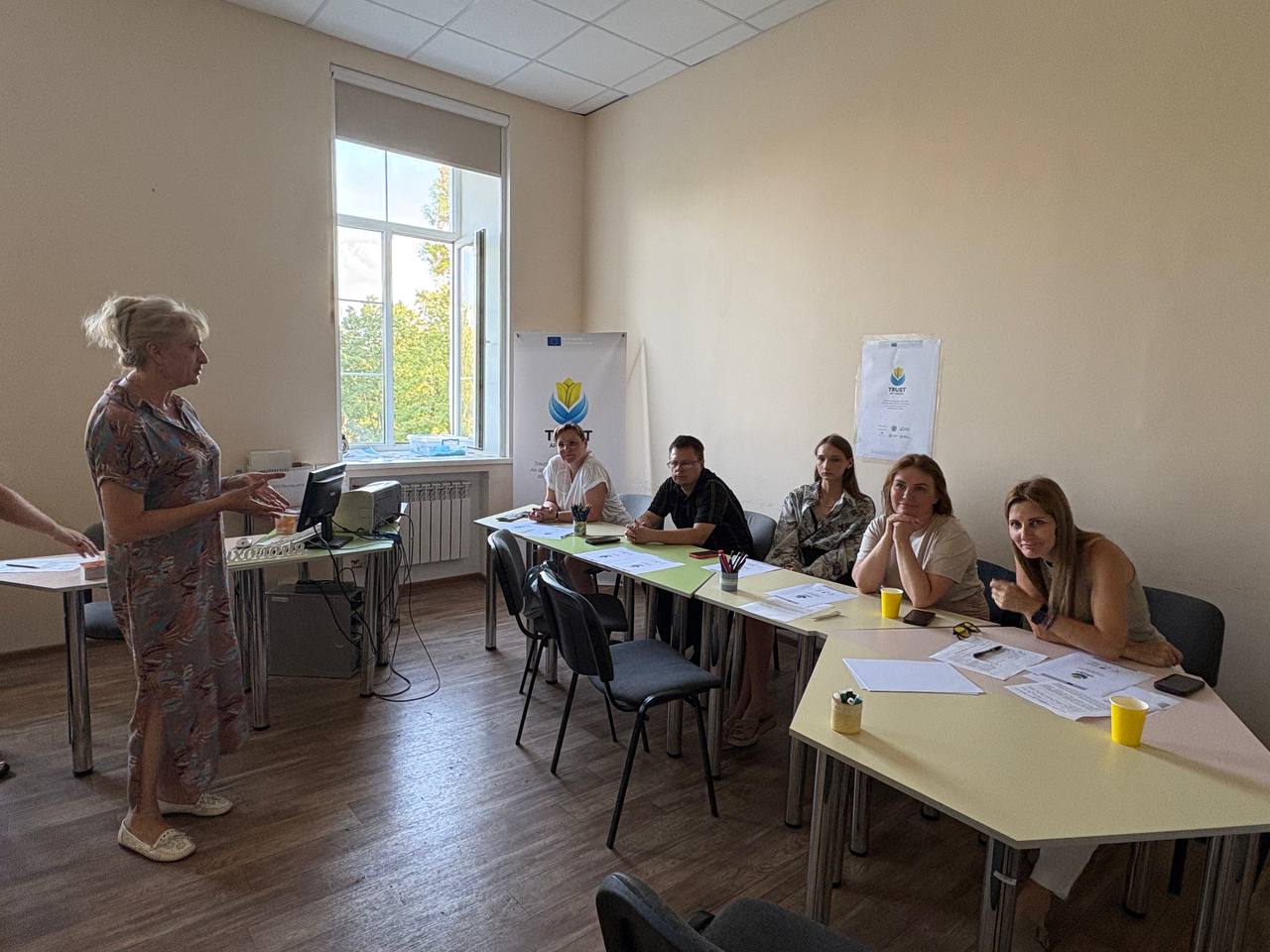
.jpg)
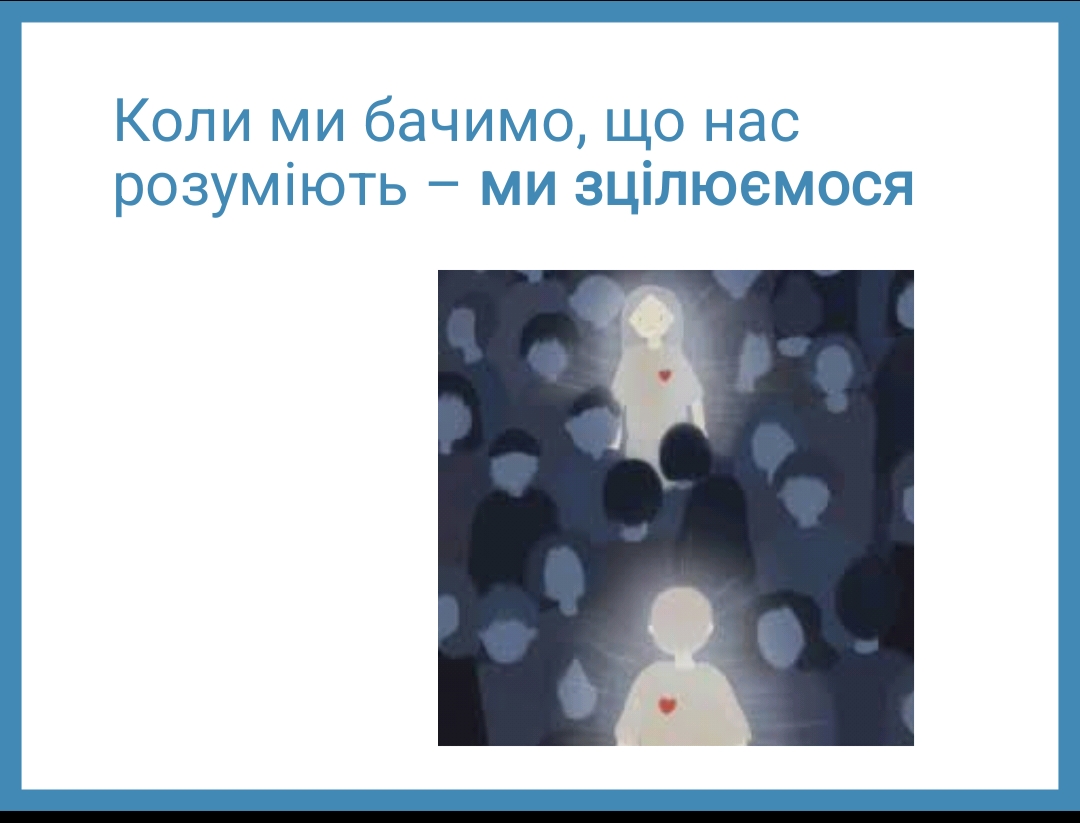
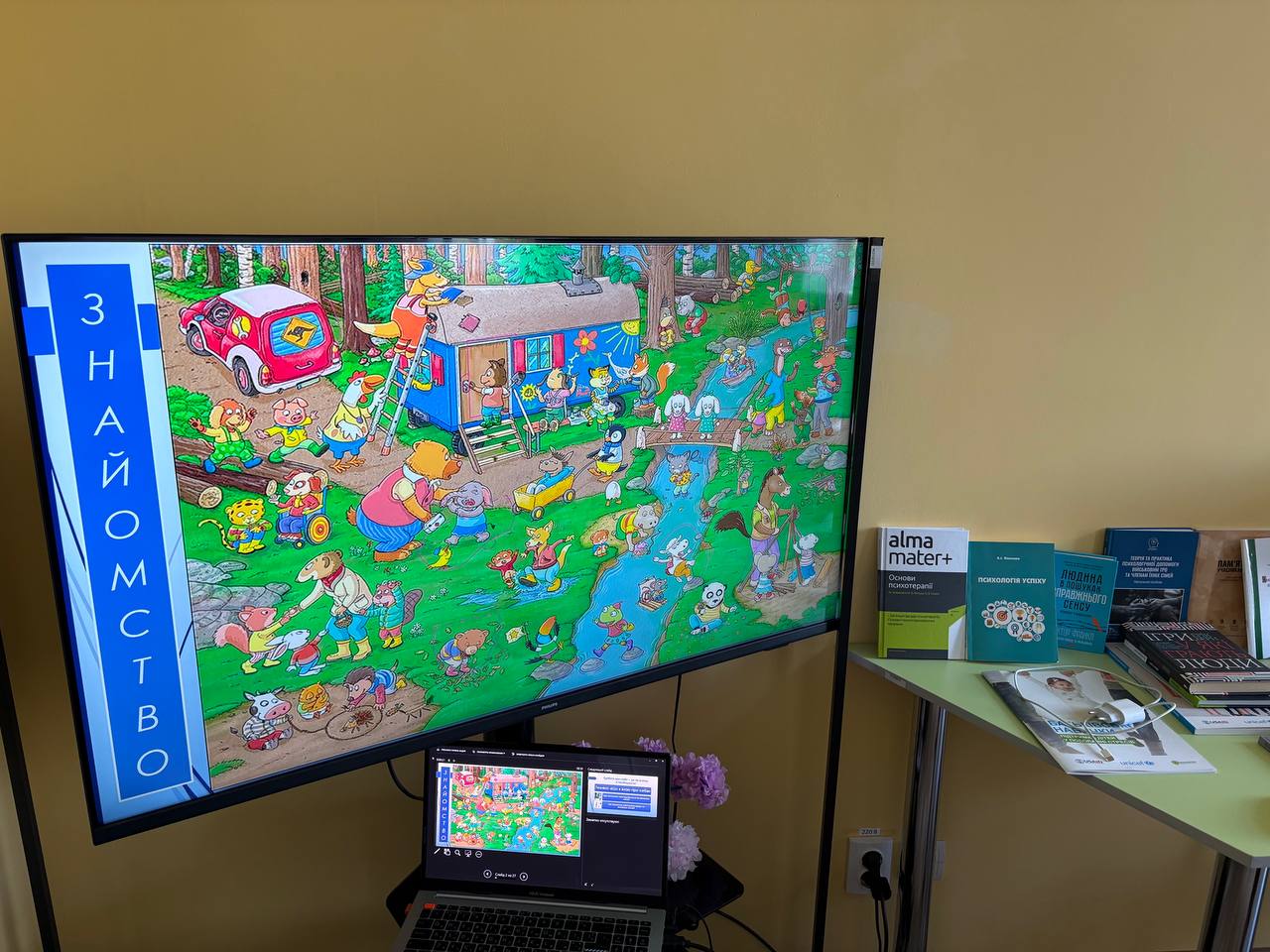
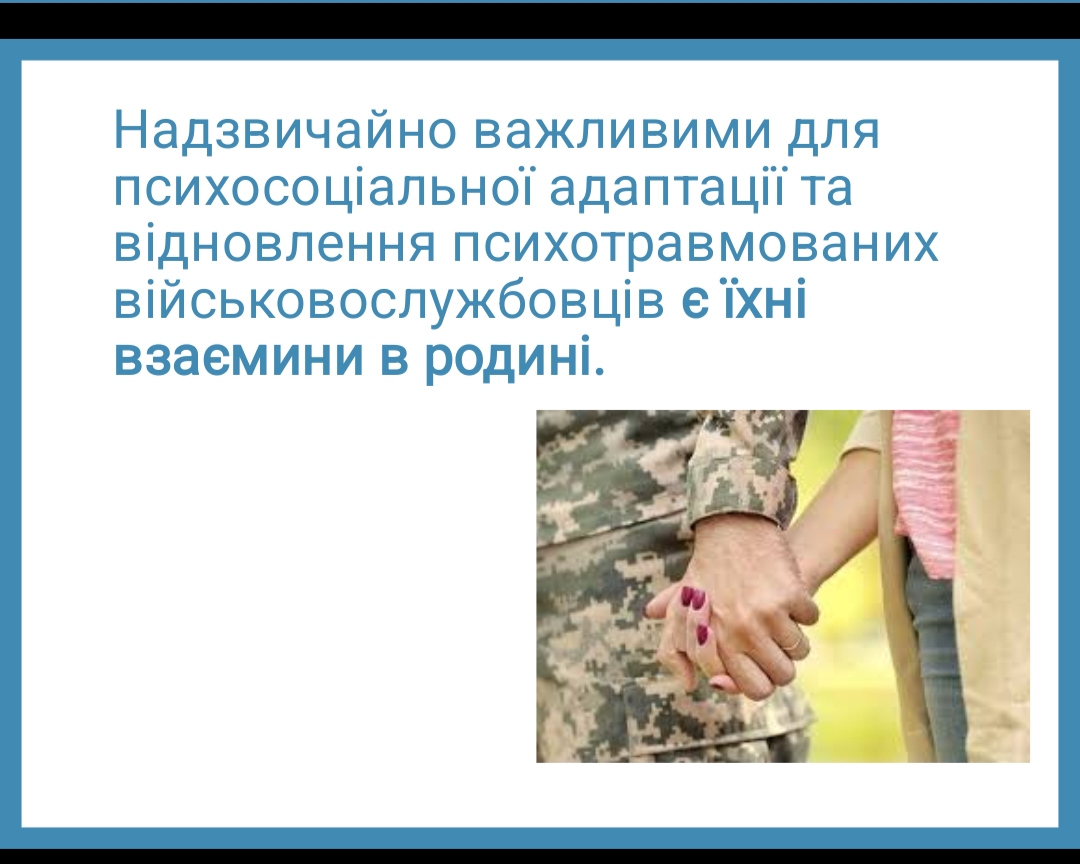
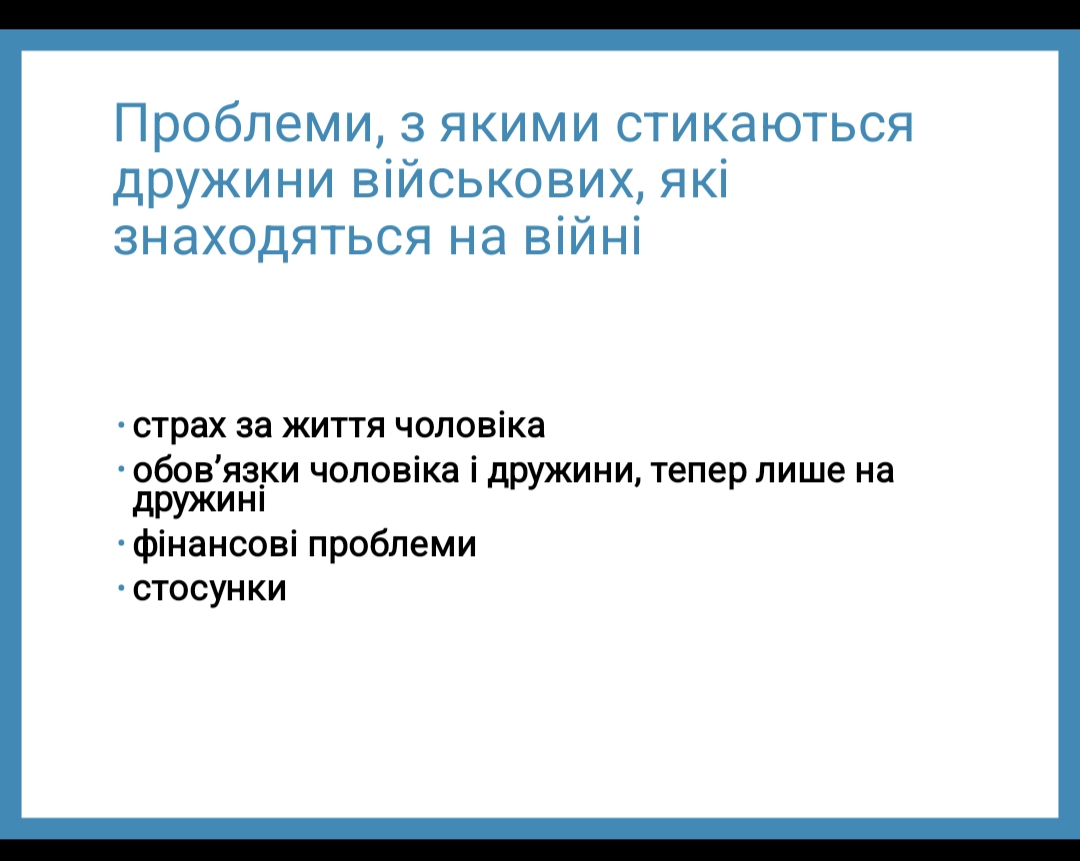
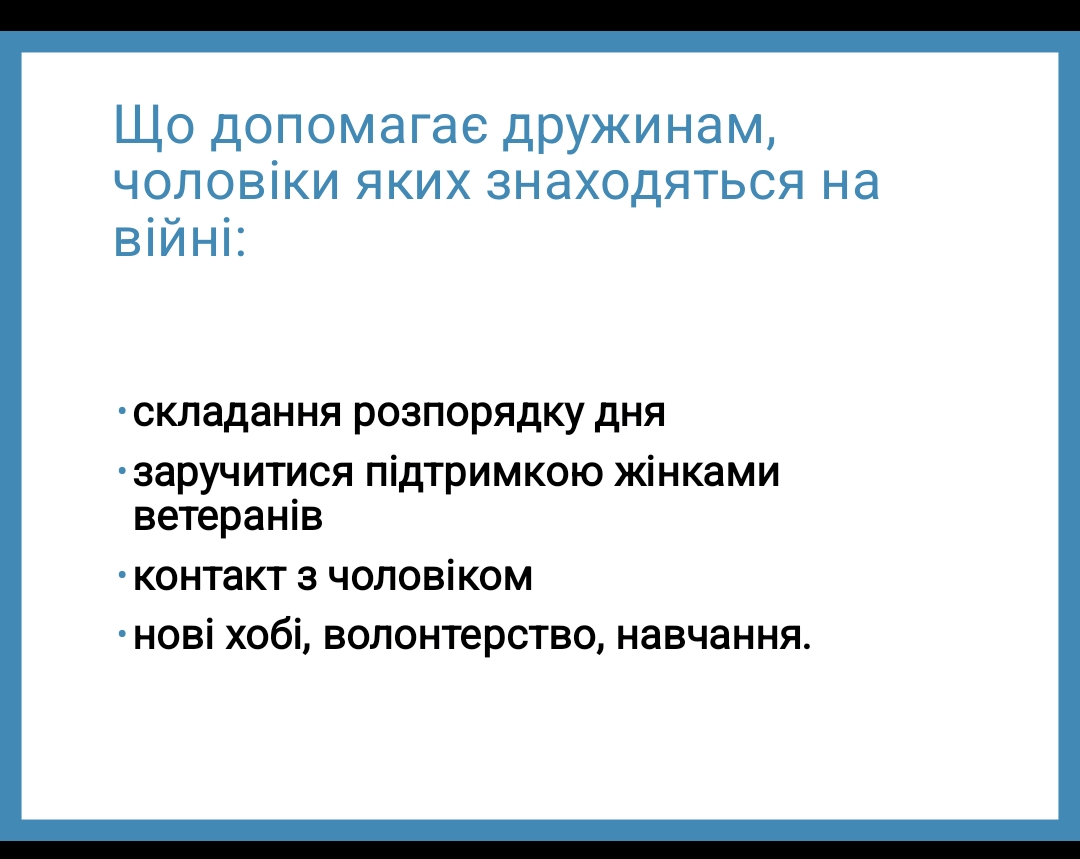
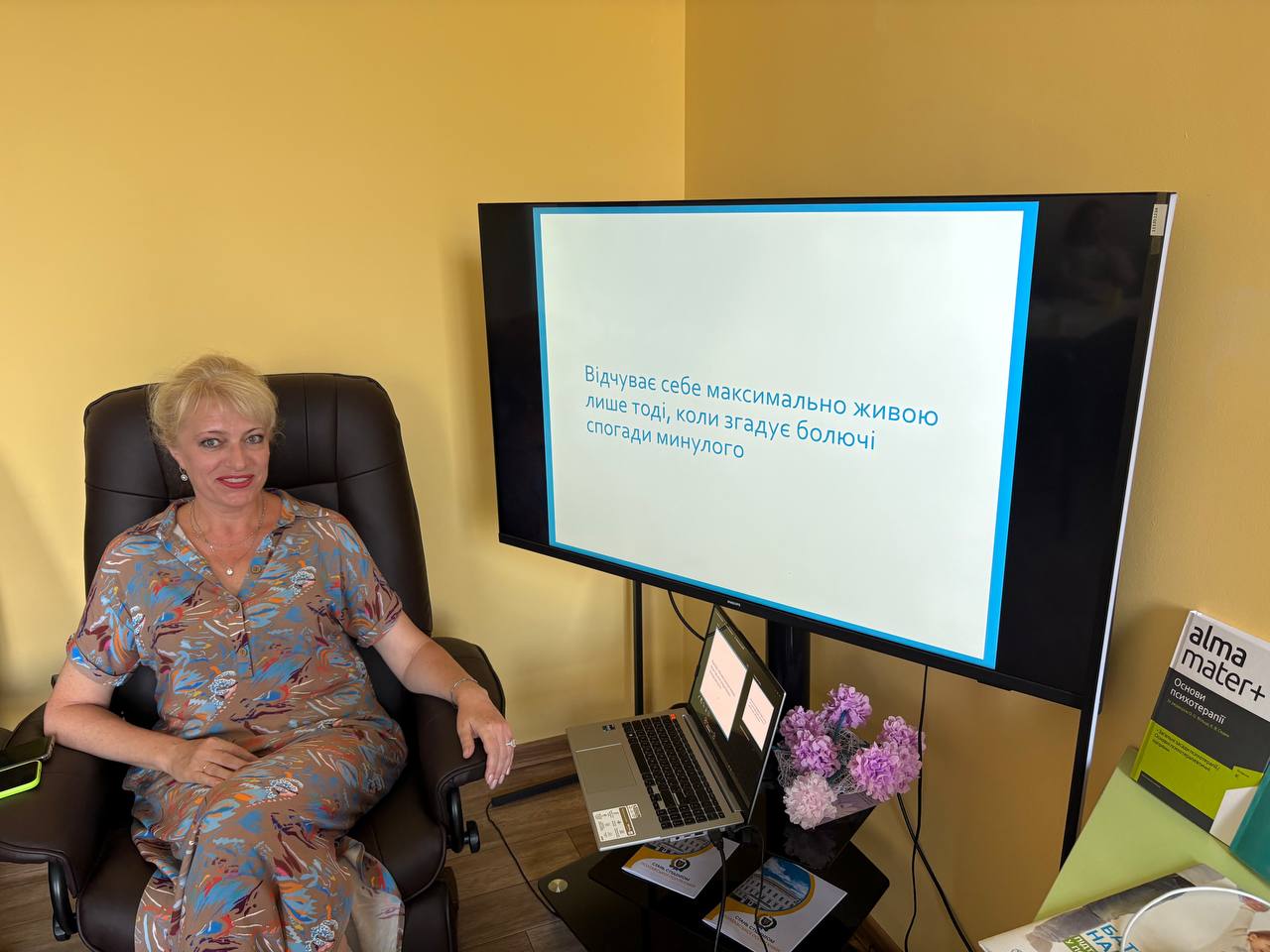
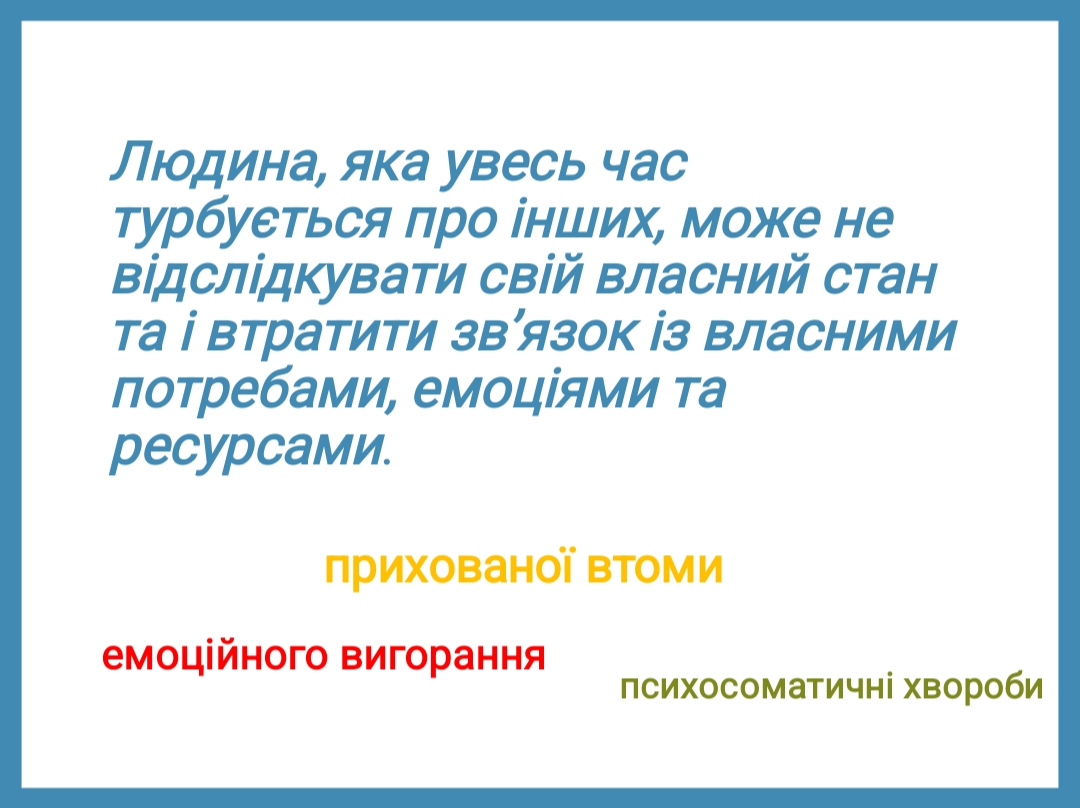
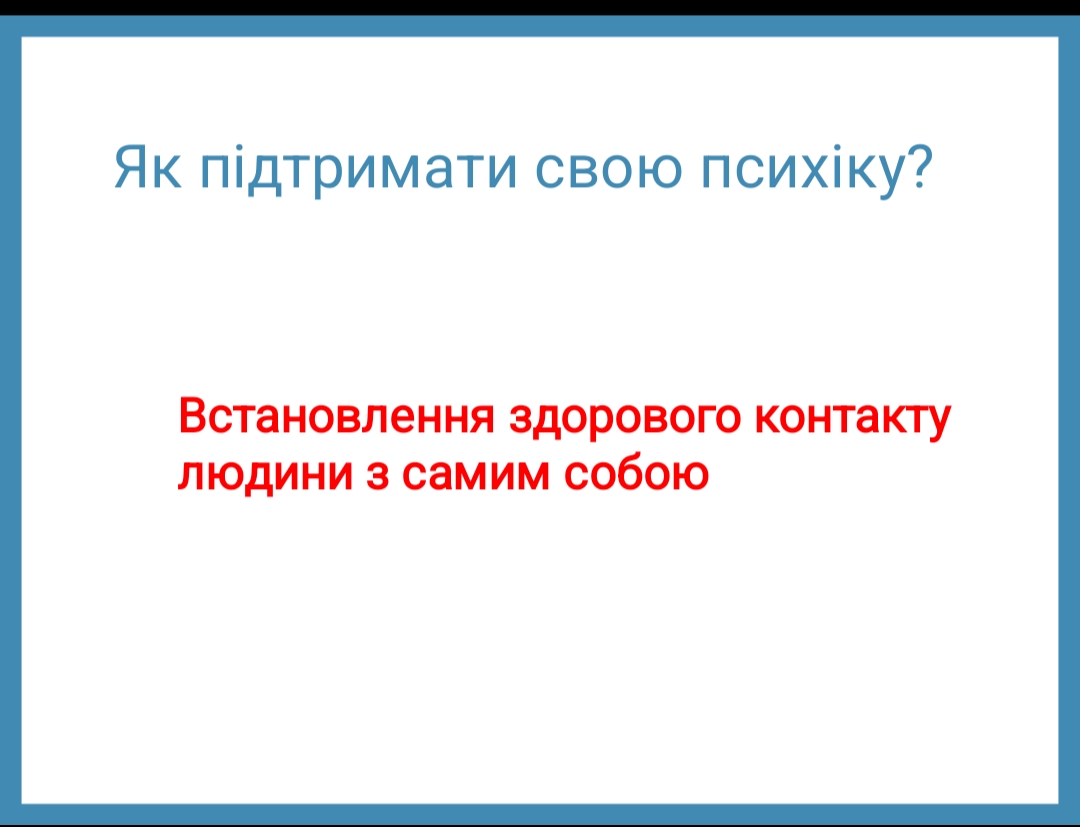
In this space, a profound awareness was born: self-care is not a luxury, but a source of strength – a responsibility that nourishes not only ourselves but also those we love. Sharing their insights, the participants felt the burden of hidden emotions lift. They found a warmer, more profound connection with themselves. They sensed a new resource emerging – one that grows from embracing their worth, the uniqueness of their journey, and the permission to be themselves: sensitive, alive, and imperfect. All of this was welcomed in the warmth of a shared circle where acceptance, support, and the feeling of not being alone on this path prevailed.
Psychological support for military families is no less critical than the rehabilitation of veterans themselves. It is the reliable rear guard where invisible wounds heal, hope in life is restored, and a shared dream for the future is born. That is why sessions like “Hearing Yourself Amid Sirens” are vital. They are created to ensure that those who hold the home front can find their support. Here, in a circle of trust, they learn to hear themselves through the noise of war, to ground themselves in their sensations, and to nurture the inner resilience that enables them to be a light for themselves and their loved ones.
Media Centre of
National University “Yuri Kondratyuk Poltava Polytechnic”



